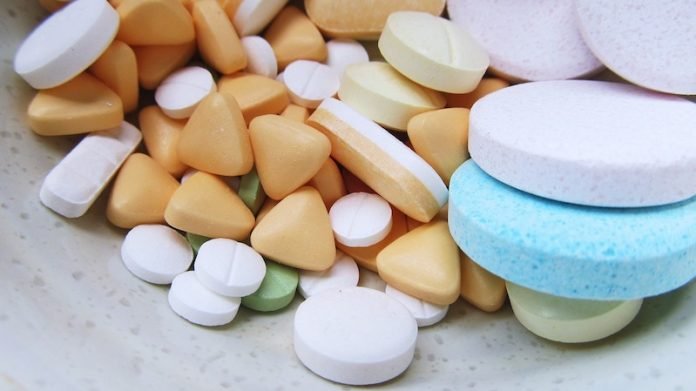
It is possible that you have some expired drugs or medications you no longer use in your medicine cabinet.
While they may not harm you, they could bring health risks to other people in your family. And if you dispose of these unused drugs carelessly, they may harm other people.
To help you safely dispose of your unwanted drugs, FDA scientists provide important tips.
Use Drug Take-Back Programs
The U.S. Drug Enforcement Administration (DEA) sponsors the National Prescription Drug Take-Back Day in communities nationwide.
Many communities also offer their own drug take-back programs.
You can check with local law enforcement officials to find a DEA-authorized drug collector.
Sometimes, local pharmacies may have mail-back programs and disposal kiosks for unused medicines.
Some drugs can be safely disposed of at home
There are two ways to dispose of prescription and over-the-counter (OTC) medicine at home.
Some medicines could be especially harmful to others, they usually have specific directions to immediately flush them down the sink or toilet when they are no longer needed.
You need to check the label or the patient information leaflet with your medicine.
In addition, almost all medicines, except those on the FDA flush list, can be thrown into household trash.
These include prescription and over-the-counter (OTC) drugs in pills, liquids, drops, patches, creams, and inhalers.
Dispose of painkiller medicines carefully
Some prescription drugs such as pain medicines have instructions for flushing to reduce the danger of overdose from unintentional or illegal use.
For example, fentanyl patch delivers a strong pain medicine through the skin. Even after a patch is used, a lot of the medicine remains.
Copyright © 2019 Knowridge Science Report. All rights reserved.



